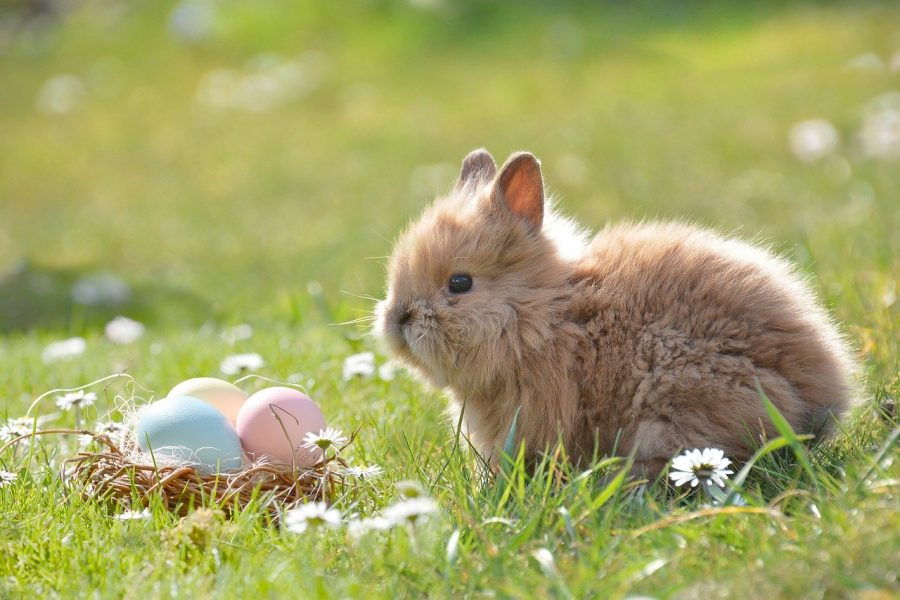Egg-cited for Easter? Here’s what you need to know about Easter!
All About Easter
Most people associate Easter with egg hunts, candy, and a cute furry bunny, but how did Easter come to be?
Easter is one of the most important days of the year for Christians. It is when Christians celebrate the resurrection of Jesus Christ. According to the Bible, Christ died on the cross on Good Friday and was then resurrected on Easter Sunday.
Easter is celebrated on the first Sunday following the full Moon and occurs on a different day each year. Easter 20221 falls on April 4th.
The exact origin of the word “Easter” is unknown. Some say the English word “Easter” comes from Eostre, or Eostrae also known as the Anglo-Saxon goddess of spring and fertility. Others say “Easter” derives from in albis, a latin phrase plural for alba, or “dawn.”
The weeks leading up to Easter is especially important in western Christianity, including Roman Catholicism and Protestant denominations. Fasting and penitence during this time is called Lent, which begins on Ash Wednesday and lasts for 40 days, excluding Sundays.
In Eastern Orthodox Chrisitanity, Easter begins with the Great Lent, which starts on Clean Monday, 40 days prior to Easter excluding Sundays. Palm Week is the final week of Great Lent, and it concludes on Lazarus Saturday, the day before Palm Sunday. Palm Sunday marks the start of Holy Week, which concludes on Easter.
There are many non-religious Easter traditions that are celebrated worldwide including Easter eggs, the Easter Bunny, and egg decorating. Eggs are commonly known to represent fertility and birth in certain pagan traditions. Although the exact origins of the Easter Bunny and egg decorating tradition is unknown, they may have become a part of the Easter celebrations in relation to the religious significance of Jesus’s rebirth. Some historians believe that the Easter Bunny tradition came to America from German immigrants in the 1700s.
Delanee Saguros ‘21 said, “I love Easter because not only did I celebrate Easter decorating Easter eggs as a child, but it’s also a holiday where we, Catholics, get to reflect on Lent and the sacrifices God has given us.”
Many children celebrate by participating in Easter egg hunts where colorfully decorated eggs are hidden. In other instances, churches use a character known as the Easter bunny to give out chocolate eggs to children on the morning of Easter.
In recent years, Easter is known to be a religious holiday full of greeting cards, chocolate Easter bunnies, chocolate eggs, and even Peeps, but many still honor the religious reasons behind the egg-citing holiday!

